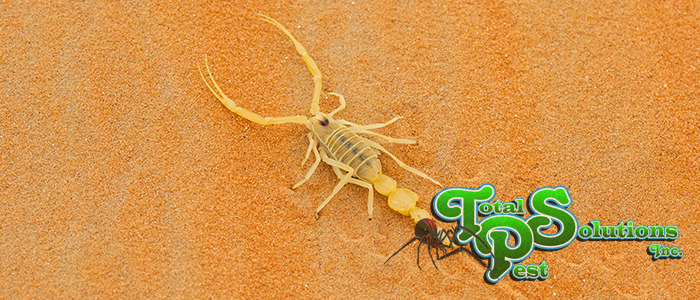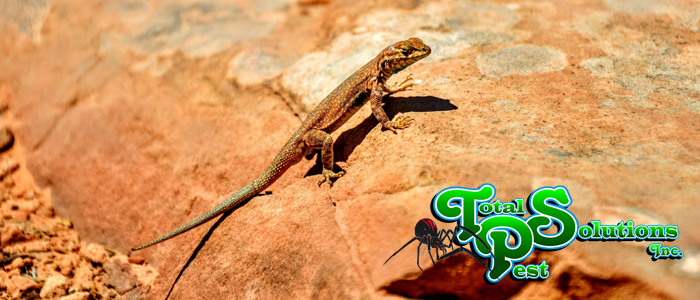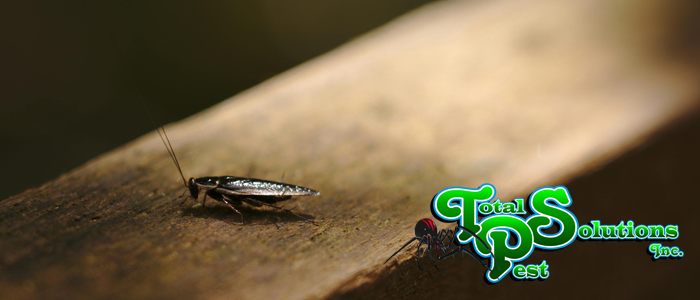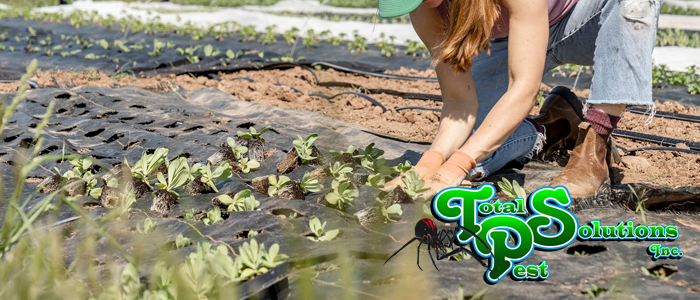
Signs of Scorpion Infestation
If you’re dealing with a possible scorpion infestation, then you probably have quite a few worries. No one likes dealing with these clawed, stinging pests. Within you’ll find some helpful tips to keep them out of your home, and how to find them if they’ve made a nest.
Stinging Arachnid Menaces
Although not generally aggressive and typically only stinging if provoked or trapped against the skin, scorpions are not a pest you want to see in your home. These little guys are just another part of Florida’s climate, and unlike us, who want to spend time outside when it’s warmer, they would prefer to go inside—to your home.
Florida is home to three common species of scorpion; the Florida Bark Scorpion, the Hentz Striped Scorpion, and the Guiana Striped Scorpion. Being stung by one of these species is far from a walk in the park and can be incredibly painful, but thankfully for the most part they are not fatal. However, if children or the elderly are stung by one of these scorpions, you should still seek medical attention right away to make sure their nervous system is handling the venom properly.
To keep yourself from having to deal with an infestation of scorpions, look for these signs.
Presence of Smaller Bugs
Like any living creature, scorpions are fond of living in places where they’ll have easy access to food. If you have a plethora of minor bugs around your house, you may be at risk of attracting scorpions. Their primary food source consists of common household pests like ants, flies, beetles, and cockroaches, and once scorpions have made themselves at home, they can be difficult to get rid of.
Citrus Gardening for Scorpion Infestation
One of the most common scorpions found in the state of Florida, the Bark Scorpion, is often found near all kinds of citrus plants. When you think of scorpions you usually think of desert climates, but these fellows love to live in dark and moist habitats. Citrus trees often provide the perfect places for them to settle, so if you have citrus trees in your backyard or live close to an orchard, you could be unknowingly housing a colony of scorpions.
Newly-Built Housing
The Sunshine State is growing fast in many places, with new housing developments popping up all the time all over the place. As we build homes in more and more natural habitats of scorpions in Florida, we disturb their own little communities and disrupt their environments, forcing them to seek new housing. Scorpions like to stay in the same place rather than relocating somewhere else, so if your house was built in or around scorpion territory, chances are they’re going to stick around and make themselves comfortable with you.
Shady Landscaping
While you might greatly enjoy having expensive trees as an aesthetically-pleasing part of your home’s landscaping, dangerous insects like scorpions could also be enjoying having them too. Scorpions are another one of the many bugs of the world that would prefer to retreat to an area of shade in the harsh summer months to protect themselves from the Florida sun. To prevent your yard from being attractive to them, trim your trees and landscaping and have pest control regularly inspect the foliage for signs of infestation.
Where There’s Smoke… There might be a Scorpion Infestation
One of the most obvious signs of a scorpion infestation is… you’ve seen a scorpion! Not at all solitary creatures, if you’ve seen one scorpion, chances are that there’s a family of them hiding not too far away, which is why it’s essential to contact pest control if you spot even one. That way, they can investigate the situation and assess if there’s any kind of infestation before it gets out of control.
If you’d like further great tips like this, look no further than Total Pest Solutions. We have your safety and pest prevention in mind.
continue reading
Related Posts
How to Get Rid of House Lizards Without Killing Them
What They Don’t Tell You About Gardening in Florida Florida






